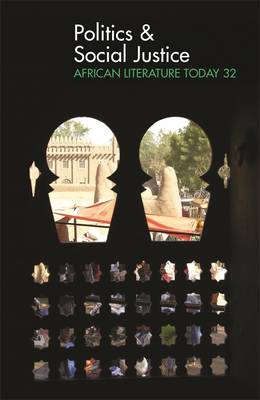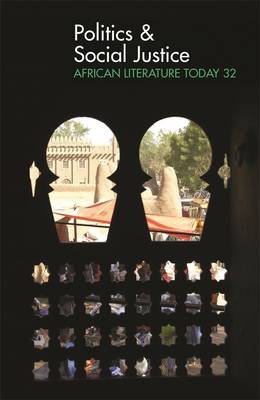
- Afhalen na 1 uur in een winkel met voorraad
- Gratis thuislevering in België vanaf € 30
- Ruim aanbod met 7 miljoen producten
- Afhalen na 1 uur in een winkel met voorraad
- Gratis thuislevering in België vanaf € 30
- Ruim aanbod met 7 miljoen producten
Zoeken
Alt 32 Politics & Social Justice: African Literature Today
€ 48,45
+ 96 punten
Omschrijving
Many African writers have illustrated through their work different understandings of Chinua Achebe's reference to "where and when the rain started beating Africa". These works have recalled, recorded and reconfigured that past and taken the debate forward in its complex engagement with the critical issues of politics and social justice in the contemporary postcolonial/neocolonial context. ALT 32 concludes with tributes to the life and works of Kofi Awoonor.
Specificaties
Betrokkenen
- Uitgeverij:
Inhoud
- Aantal bladzijden:
- 211
- Taal:
- Engels
- Reeks:
- Reeksnummer:
- nr. 32
Eigenschappen
- Productcode (EAN):
- 9781847010971
- Verschijningsdatum:
- 20/11/2014
- Uitvoering:
- Paperback
- Formaat:
- Trade paperback (VS)
- Afmetingen:
- 140 mm x 216 mm
- Gewicht:
- 254 g

Alleen bij Standaard Boekhandel
+ 96 punten op je klantenkaart van Standaard Boekhandel
Beoordelingen
We publiceren alleen reviews die voldoen aan de voorwaarden voor reviews. Bekijk onze voorwaarden voor reviews.






